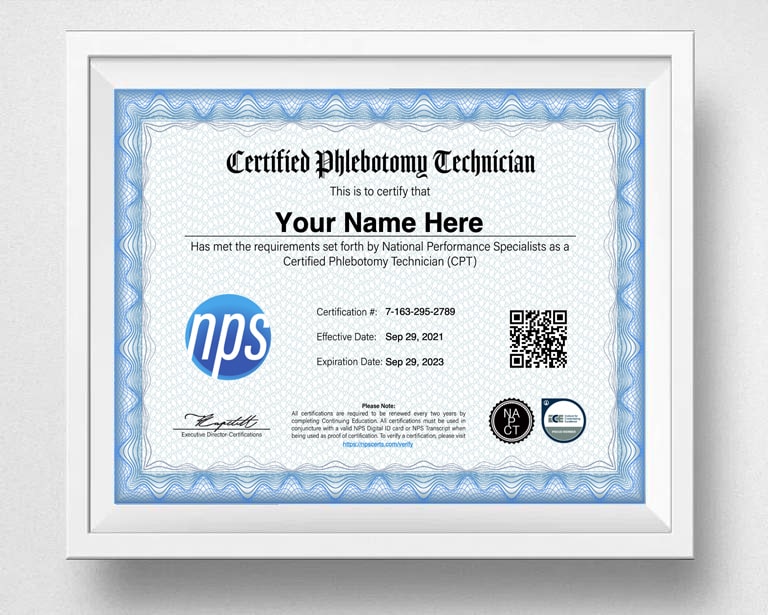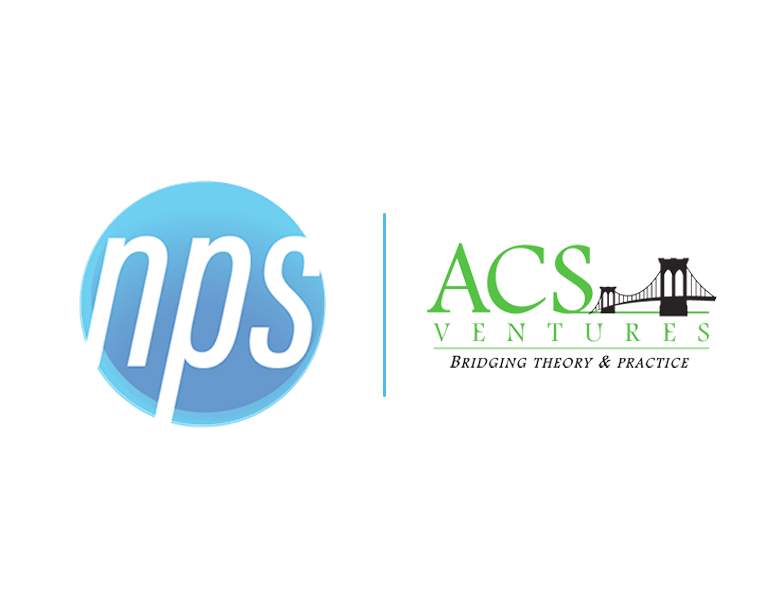– Whether adding onto your allied health credentials or looking to pivot to something completely new, the transition to phlebotomy technician has never been simpler –
Career paths are rarely set in stone for any of us. We may start out in one only to realize that a different industry suits our new lifestyle, interests, or skills. Rarely do we have it all figured out right out of high school or college. Real-world experience and the jobs we hold along the way help shape us for the next step, and the step after that.
For some, interest in phlebotomy comes up through work in other allied health professions. In fact, many medical assistants and EKG technicians decide to get cross-trained in phlebotomy to broaden their skills and add other ways to earn a living. For others, a desire for a change in environment or drive to work empathetically with others can bring them to explore phlebotomy.
Whatever brings you to explore phlebotomy, it makes a great transitionary career for anyone looking to make a switch.
Benefits of Choosing a Career as a Phlebotomy Technician
For one, the field has a number of measures in place to ensure every professional is properly educated without requiring years of training and thousands of dollars in course work.
Every phlebotomy technician attends a training program that gets them ready for real-world, practical work. A blend of hands-on clinical practice and classroom learning set the stage for you to interact with patients and perform your tasks expertly.
Another reason is flexibility. Phlebotomy jobs are not just found in diagnostic laboratories. You can find employment in hospitals, rehabilitation centers, long-term care facilities, emergency clinics, and private practices.
With so many options, you might imagine that job security and growth are positive. With job growth projected to increase by 17% by 2029, there will be plenty of openings for newly certified phlebotomy technicians.
All of these openings will put you in a position to have a positive impact on the health and lives of others. While you won’t be diagnosing or treating patients, you’ll have direct contact with people from all walks of life. You might spend busy days moving from one patient to the next, on your feet for hours at a time, but the role is rewarding and never boring.

How to Make a Successful Career Change to Phlebotomy
The first step to any major life decision is to evaluate your reasons why. What are you looking for in a new job or career path? What appeals to you most about the field of phlebotomy? You’ll want to make sure that your goals and what the industry can offer match up before you make the switch.
Next, evaluate your own skill set. While you might know nothing about phlebotomy at the moment, soft skills can bring a lot of value and factor into your success. Characteristics like patience and kindness can go a long way when performing a blood draw on a nervous patient. Attention to detail and an eagerness to learn will also take you far since the field can be quite technical and requires strict adherence to procedures.
Still interested in phlebotomy? Now is the time to search for a training program near you. We recommend attending an in-person workshop or program since these will offer you hands-on experience and give you a place to ask questions and relate to your peers. Expect the program to last 1-3 months depending on the school you choose. Check your local vocational schools or community college for options.
At the end of the program, you’ll get a certificate of completion. You can now officially get a job as a phlebotomist. But as someone new to the field and making a career change, you might wonder how else you can stand out. That’s where national certification can help.
One Last Step: National Certification in Phlebotomy
There’s a difference between a certificate and a certification, and the difference is more than minor. With national certification, you’re showing employers that you are serious about your new career.
By sitting for the national exam, you demonstrate your understanding of essential phlebotomy skills and concepts via an independent certification agency. Separate from the course you just completed, this exam tests your knowledge and, on successful completion, grants you a national certification. You can share this with employers who can verify you in the national registry, giving your new career a jumpstart toward success.
Become a Certified Phlebotomy Technician with NPS Today!
Register with NPS for your CPT certification today. NPS offers Certified Phlebotomy Technician (CPT) Certification for one flat fee with everything you need to take your career to the next level.




